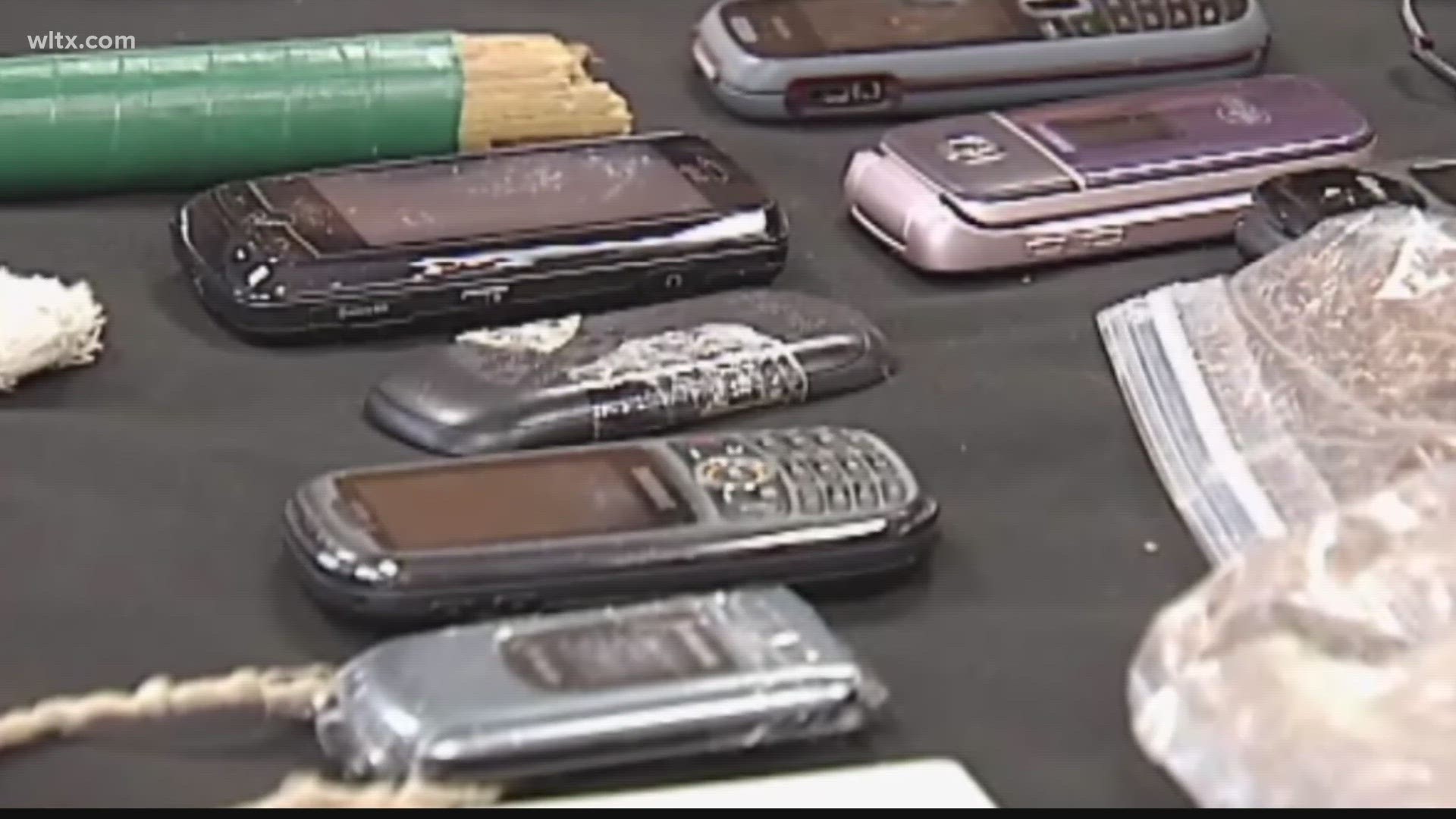COLUMBIA, S.C. — The South Carolina Department of Corrections (SCDC) said they have made significant progress in its ongoing battle to eradicate illegal cell phones within prison facilities.
A pilot program initiated this past summer has successfully disabled hundreds of illicit phones at Lee Correctional Institution, sparking discussions about the potential expansion of this program to other correctional facilities across the state.
For years, SCDC has faced challenges in its attempts to petition the Federal Communications Commission (FCC) to suppress contraband cellphone signals within prisons.
The stakes of this issue became glaringly personal when former Contraband Captain at Lee Correctional Institution, Robert Johnson, endured a near-fatal attack at his home thirteen years ago. Johnson said that the assault was orchestrated by an inmate using an illicit cell phone.
"I was shot six times not because I was evil or corrupt, but because I developed a contraband team," Johnson told lawmakers on Tuesday.
On Tuesday, Johnson, alongside SCDC Director Bryan Stirling, appealed to state lawmakers for funding to combat contraband in prisons.
"With technology, these individuals are able to reach out to hurt people on the outside," said Stirling.
In 2021, the FCC permitted prisons to disable phones through cooperation with phone carriers. According to Director Stirling, the pilot program officially launched in July.
Applications for the program opened in May 2022, and South Carolina was the first state to receive approval for its implementation.
Each cellphone is uniquely identified by a 15-digit International Mobile Equipment Identity (IMEI) code.
Through FCC-approved vendors, SCDC identified contraband phones over several weeks and shared their codes with AT&T, Verizon, and T-Mobile, allowing the carriers to deactivate them.
Now, they are urging lawmakers to consider expanding the new pilot program to prisons throughout the state.
"We have successfully shut down almost 800 phones—800 potential avenues for harm to the citizens of South Carolina and incarcerated individuals," said Stirling. "Legitimate wall phone calls have increased by 57% since we began this initiative in July, indicating that this works."
Stirling said inmates won't be able to coordinate drone contraband drops without cellphones, which have become a big issue.
According to Stirling, there were 69 drone drops in 2019. This year, there have been 253.
However, any state funding or program expansions will have to await lawmakers' return in January.
Beyond Lee Correctional Institution, security measures include fences, barbed wire, a golf net to deter contraband deliveries, x-ray machines, and a team monitoring drones attempting to drop contraband on the prison grounds.
Director Stirling also revealed that the department is recruiting 40 to 50 correctional officers monthly to enhance prison security.

